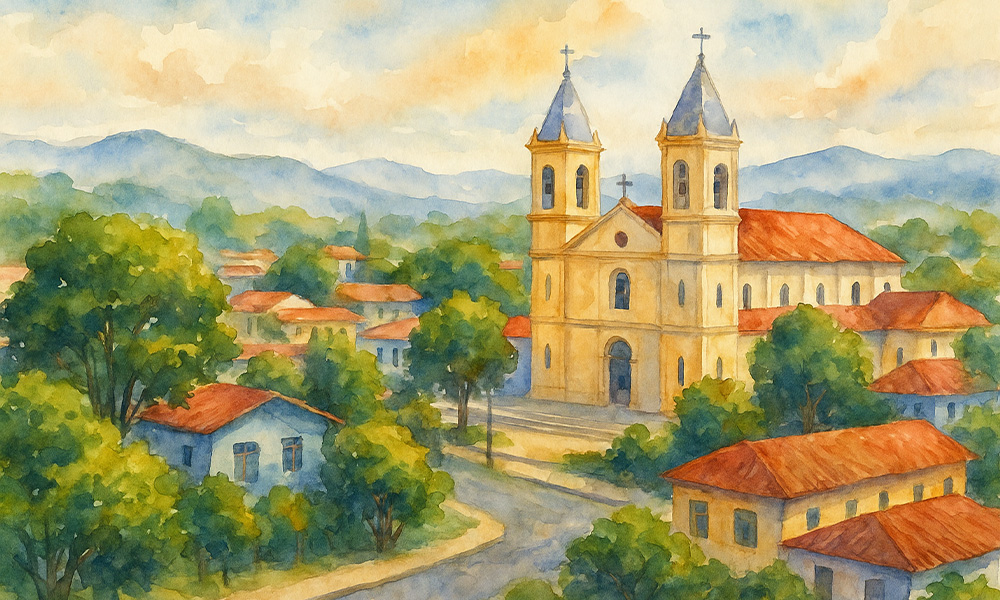Costa Rica is the only country in the Americas that has an official religion—Catholicism—enshrined in its constitution. While the Constitution recognizes freedom of worship, Catholicism has a special status. The Catholic church is present anywhere you look in Costa Rica, from the streets of San José to the smallest rural villages.
Not far behind are the Evangelicals, who are expanding and attracting those Christians who prefer making a joyful noise over listening to the priests and their solemn incantations. As San José is an international city, there are also small numbers of Jews, Muslims, and Buddhists.
And then there are agnostics and atheists. Though I have always subscribed to the theory that politics and religion are two topics to avoid in any public discussion, I will mention here that I classify myself as agnostic. I don’t subscribe to any of the popular religious beliefs, but I am open to the idea of something beyond mere humanity out there somewhere. Call it God if you want. I do not go around trumpeting my belief (or non-belief); in fact, I am always open to debating my point of view with those who differ.
I have often invited door-to-door Jehovah’s Witnesses and Evangelicals inside my house in a vain attempt to deprogram them. My first question is always, “Why should I believe what you believe?” They never convince me. I try to swing them over to my freethinker’s viewpoint, using sound logic over blind faith, and the conversation ends with them leaving me some literature, which goes right into the wastebasket as soon as they are out the door.
When I lived in rural Costa Rica, I sometimes wondered what my neighbors thought of me, as I was the only person in the village who never attended church. Did they pity me? Despise me? Desire to convert me? Want to paint a big scarlet A on the door of my house? In truth, if they felt any of the above, they didn’t show it. All I got was a daily dose of friendliness and respect. While I heard the expression Gracias a Dios more than even Buenos días, no one tried to convert me or invite me to be part of their church family.
The surprising twist to all of this is that a 2024 Latinobarómetro survey indicates that 32.5% of Costa Ricans identify as non-religious, atheist, or agnostic. This number shocked me. Almost one-third of those surveyed. I had no idea there were so many of us out there. Not that it matters to me. I do my best to accept all viewpoints.
From my home in the foothills above San Isidro, I hear the bells of the main church downtown ring on the hour. And the bells of the barrio Catholic church just around the corner on Sunday mornings. And the occasional rocking and rolling of the Evangelical church a few blocks away. Oddly, I find comfort in these sounds. They are part of the fabric of daily life here in Ticolandia. We embrace the pura vida philosophy and strive above all to live and let live.






